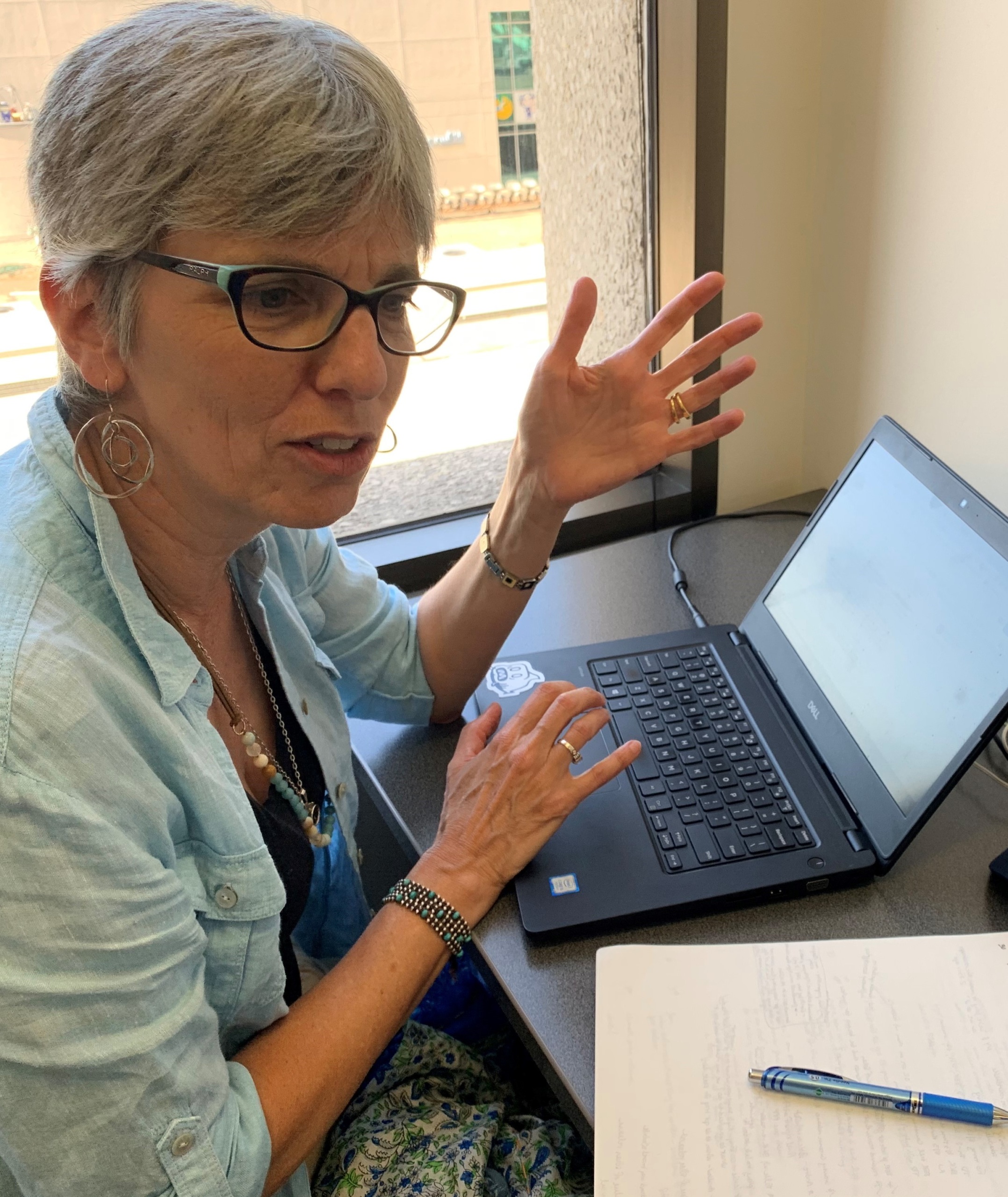
March newsletter: Saving energy … and bees
March 2023 newsletter
Doing more with energy efficiency
Maryland could save enough electricity to power tens of thousands of homes by achieving energy efficiency savings similar to those of leading states nationwide, according to our report with Maryland PIRG, Energy Efficiency for Everyone, which examined the past success and future needs of Maryland’s EmPOWER energy efficiency programs. The report provides lessons that could help states across the country deliver bigger energy savings, do more to help the climate, and improve programs targeting limited-income households. The report inspired an editorial in The Baltimore Sun.

Health care doesn’t cost as much as Oregon hospitals charge
Patients with commercial insurance who go to the hospital in Oregon are generally charged far more than necessary to cover the cost of care. In 2019, 51 out of 55 surveyed hospitals charged commercial payers more than the amount required to “break even,” with an average among those hospitals of 60% above break-even costs. The findings, presented in How to Curb Health Care Costs, our recent report with Oregon PIRG, suggest that there are opportunities for significant health care savings in the state. The report was covered by Portland Business Journal and The Lund Report.
Cities can save bees
Bees and other pollinators are threatened by habitat loss and toxic pesticides, but there’s a lot that cities and city residents can do to help them, like creating natural spaces filled with native plants. Analyst James Horrox explored different types of urban habitat for pollinators and how federal, state and local funding sources can be used to provide those spaces.

Solutions to the plastic waste crisis are gaining ground
Ideas for reducing the amount of single-use plastic we consume are becoming more visible, popular and widespread. These include selling products in bulk to cut down on packaging, switching to reusable, returnable packaging, and redesigning products to eliminate plastic packaging altogether. James Horrox shows that such solutions are gaining ground, and bring the vision of a future of zero waste within reach.
Food for thought
Analyst Bryn Huxley-Reicher explores why some of the systems we rely on in this country – such as the health care system and the tax system – are so confusing and hard to use … Senior Analyst Tony Dutzik argues that the goal of “energy abundance,” offered by some as a solution to many current problems, misses the point and that some technologies touted as possible in a high-energy world (like flying cars) might do more harm than good … Managing Director Susan Rakov points out that solving global warming won’t save the plants and animals threatened with extinction, and that environmentalism needs to encompass both climate action and conservation.
Topics
Authors
Susan Rakov
Managing Director, Frontier Group; Senior Vice President, The Public Interest Network
Susan directs Frontier Group, the research and policy development center for The Public Interest Network. Frontier Group’s work informs the public discussion about degradations to the environment and public health, threats to consumer rights and democracy, and the available routes to a better future. Susan lives in Santa Barbara, California; she has two children, a husband, and a dog, and is an amateur singer/songwriter.
Find Out More

Looking back at 2023

November Newsletter: Cleaner, quieter lawn care

July Newsletter: Safe for Swimming?


